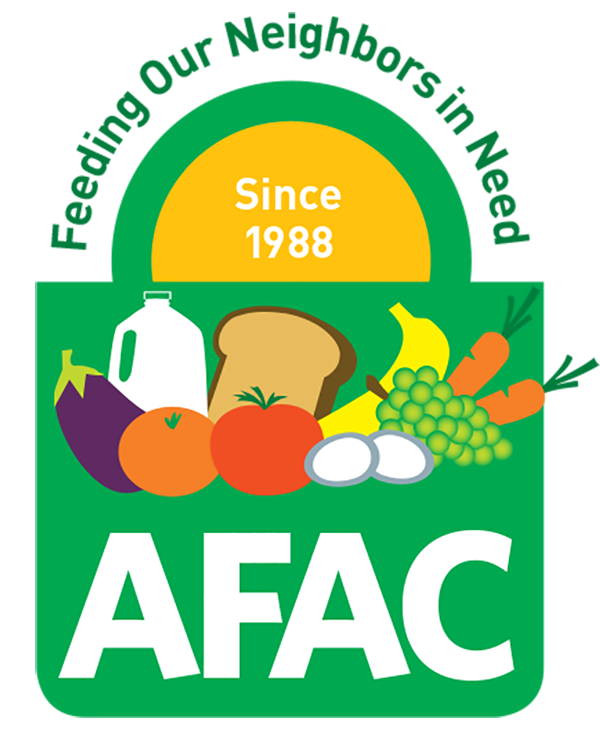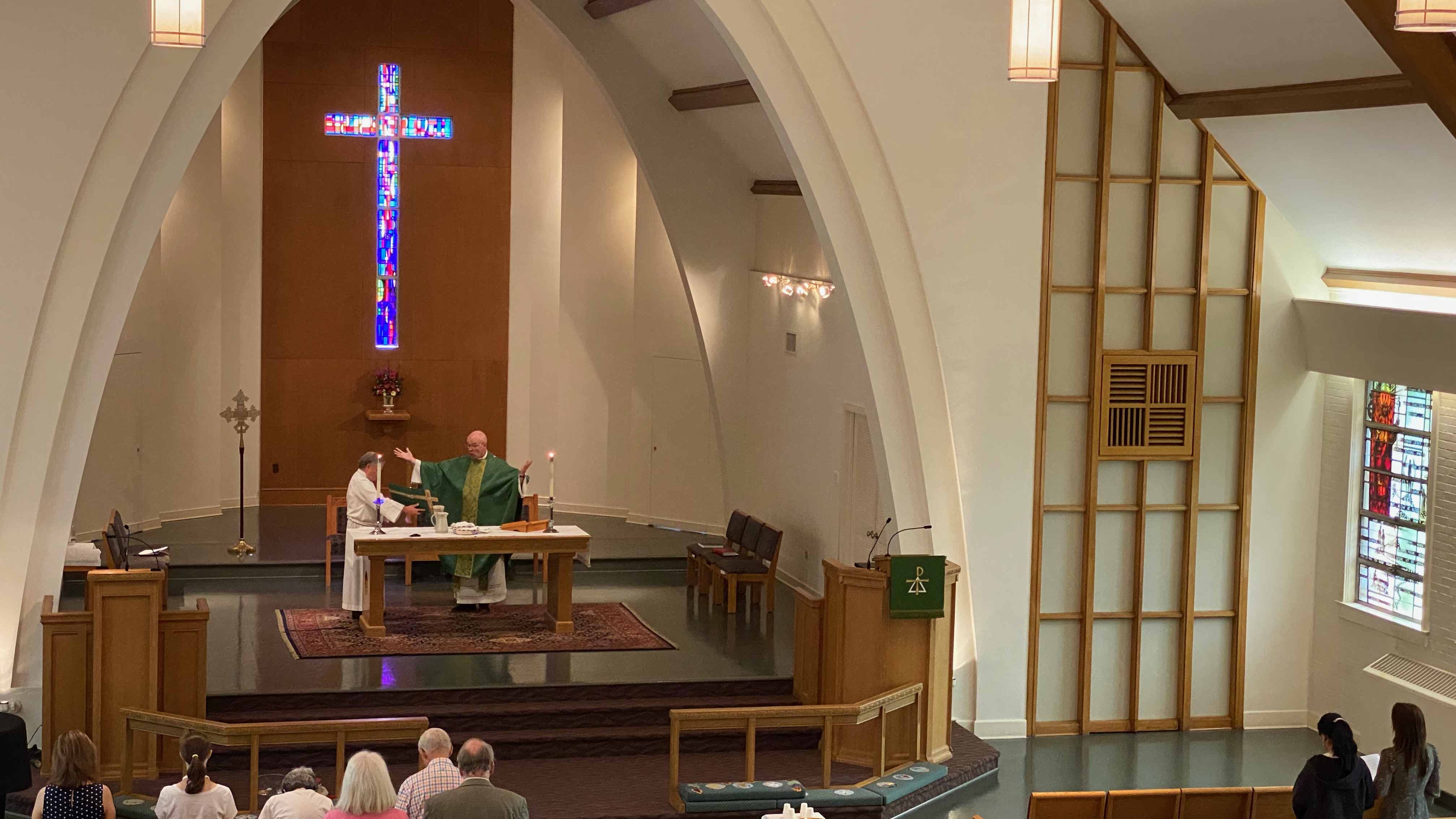Spiritual Reflections from Your Pastor, For Such a Time as This
The Rev. Jonathan Linman, Ph.D
Week of the Third Sunday of Easter 2020: “Fasting from the Feast”
Dear Friends in Christ:
Lenten fasting is supposed to be over. We are marking time now in Eastertide, the season of feasting. “This is the feast of victory for our God,” we love to sing. Except that we aren’t feasting. Because of the pandemic’s necessary social distancing, we cannot gather to share the principal feast of the resurrection, the Holy Eucharist. We persist in fasting from this feast.
But that’s not all. There are so many ways in which we continue to fast:
- We are fasting from gathering as church, and with friends, family, neighbors, and co-workers.
- We fast from what had been our usual daily routines, and too many from their very livelihoods.
- Many are fasting from their weekday commutes.
- We are on a fast when it comes to consumer spending on non-essentials.
- We are fasting from sports and other forms of entertainment that involve crowds—going to the movies, to the theater, to the symphony, to the gym, to restaurants, and more.
- This listing of the features of our fasting could go on and on. You can create your own list, and I encourage you to do so. It’s as if the entire human family throughout the world is on a fast in order to maintain the kinds of circumstances in which we can seek to limit the extent of infections from the coronavirus.
Lutherans believe that any spiritual exercise is to be undertaken voluntarily in the freedom of the gospel. Except that our global fasting is not actually free, especially in jurisdictions which mandate social distancing by law. Nor is the current abstinence motivated by faith, but by concern for public health. Many are beginning to chafe under these restrictions on life and livelihoods – note the protests that are happening in our nation and in other countries.
I must confess that I’ve never been one to do much fasting in a traditional sense. Honestly, I cannot remember ever having given up anything for Lent. Rather, I generally take on more devotional exercises during Lent. Fasting has not been on that list. Of course, I’ve engaged in medical fasts before blood tests and surgical procedures, but that’s very different from spiritual fasts in the service of the life of faith.
Why do people of faith fast? There are several reasons, but for our purposes here, one of the main goals of a fast is to break a particular routine and its claims on us for the sake of seeing the bigger picture. The absence of something dear to us, from which we fast, opens up the circumstantial and mental horizons to see the “forest for the trees,” as it were, to gain a new or renewed vantage point on our habits and how they shape and form our lives. Awareness is heightened in the absence of that which we have given up.
In popular spiritual practice, fasting often involves foods—giving up chocolate for Lent is a common example. But there are any number of different kinds of fasts. Going on a retreat is a fast from our usual daily routines. Insofar as monastic retreating has been and is a major feature of my spiritual life, perhaps I am more into fasting than I realize.
Fasting can be a useful way for us now to try to make sense of the various prohibitions and kinds of abstinence we are currently enduring in trying to limit the spread of the coronavirus. So, the question for us under the authority of the gospel is this: how do we make the most of this ongoing season of fasting, individually and communally, for the sake of our well-being and that of the whole world?
In short, we can claim this prolonged, comprehensive time of fasting as an opportunity to take stock of what had been our lives and routines, and to consider what “normal life” on the other side of the pandemic might look like, again in our individual lives, and in the life of our nation, and indeed for the existence of our whole species. That is, let the theme of fasting frame how you try to find meaning during this pandemic, in the service of discerning what feasting might look like after the fasting is over.
Maybe we will not be drawn to feast as extravagantly as we did in the past. Maybe we’ll choose to arrange our routines and our whole society very differently in our future compared with the time before Covid-19.
I am fascinated by and drawn to any number of columnists in the New York Times and the Washington Post and other publications who are asking in their writing these big picture kinds of questions. I encourage such reading to be part of your routine during these days of unwanted fasting as you try to figure out what on earth is going on.
If we have the circumstances which permit reflection – again, not everyone has such privilege right now – may we not squander this opportunity to discern through the guidance of the Holy Spirit a vision for the future, again in both our individual and communal lives, that more resonantly embodies the values of God’s justice and God’s commonwealth for all.
With prayerful best wishes in Christ Jesus, that we make the most of this time,
Pastor Jonathan Linman






